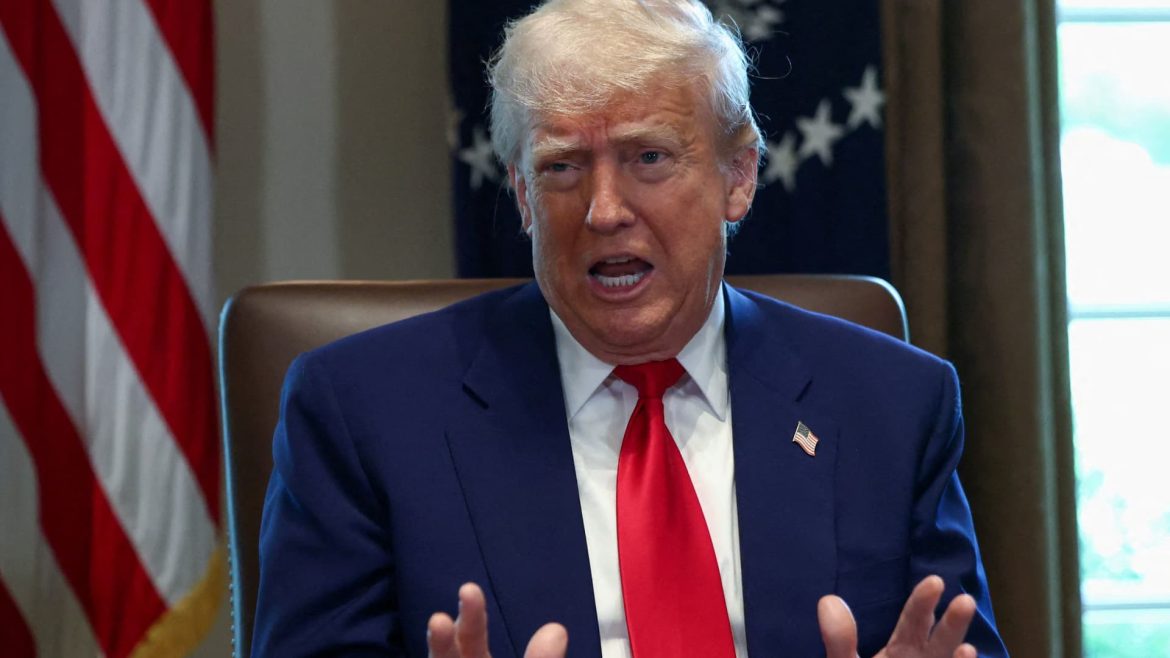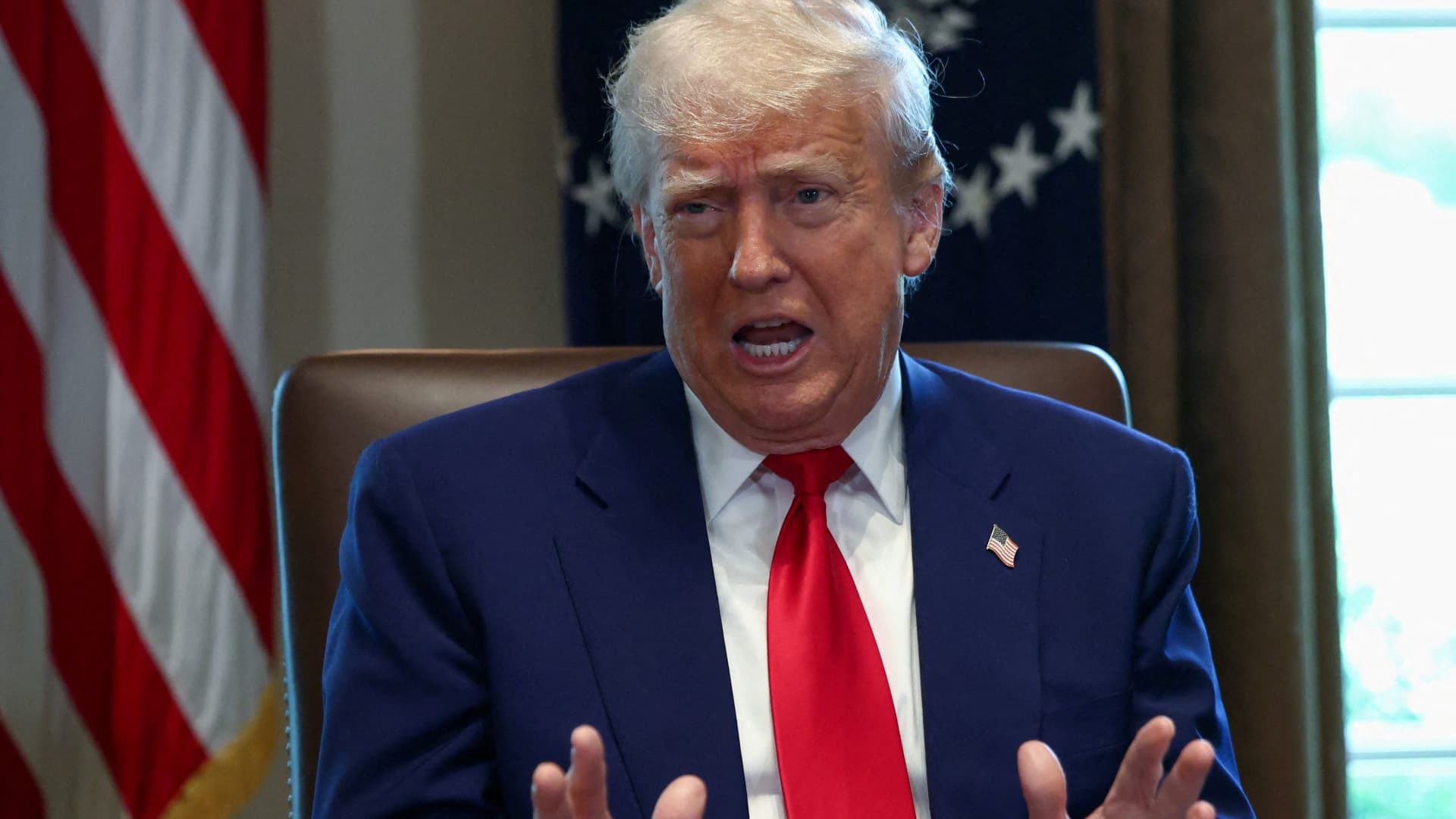The Escalating Conflict: Trump’s Threat to Revoke Harvard’s Tax-Exempt Status
The announcement by President Donald Trump to revoke Harvard University’s tax-exempt status has sparked a significant debate and raised numerous questions about the legal and political implications of such a move. This decision, made public through a terse Truth Social post, marks a major escalation in the ongoing conflict between the Trump administration and one of the world’s most prestigious educational institutions. The following analysis delves into the background, legal considerations, and potential impacts of this controversial move.
Background of the Conflict
The tension between the Trump administration and Harvard University has been building for some time. In mid-April, the administration froze $2.2 billion in grants to Harvard, prompting the university to file a lawsuit in response. This legal battle has been fueled by a series of demands from the White House, which Harvard has rejected, citing them as illegal and overreaching. The administration’s latest move to revoke Harvard’s tax-exempt status is seen as a retaliatory action aimed at exerting further pressure on the university.
Legal Considerations
The legal landscape surrounding the revocation of Harvard’s tax-exempt status is complex and fraught with challenges. Federal law prohibits the president from directing the Internal Revenue Service (IRS) to conduct specific investigations or audits. This legal constraint is a significant hurdle for Trump’s threat, as any attempt to instruct the IRS to revoke Harvard’s status would likely be seen as a violation of this law. Moreover, the IRS has its own processes and criteria for determining tax-exempt status, which are independent of presidential directives.
The Trump administration has asked the IRS to consider revoking Harvard’s tax-exempt status, but the IRS must follow its established procedures and guidelines. The IRS would need to conduct a thorough review and provide evidence that Harvard has violated the terms of its tax-exempt status. This process is not straightforward and could take considerable time, during which Harvard would have the opportunity to defend its position.
Political Implications
The political implications of Trump’s threat are significant. By targeting Harvard, the administration is sending a clear message to other educational institutions and nonprofits that defy its demands. This move is part of a broader strategy to assert control over institutions that the administration perceives as resistant to its policies. The conflict with Harvard is not just about federal funding or tax status; it is a battle over autonomy, academic freedom, and the role of higher education in society.
Harvard’s response to the threat has been defiant, with the university filing lawsuits and rejecting the administration’s demands. This stance has garnered support from various quarters, including other academic institutions, legal experts, and political figures. The conflict has also highlighted the broader issues of government overreach and the protection of institutional independence.
Potential Impacts
If the IRS were to revoke Harvard’s tax-exempt status, the impacts would be far-reaching. Harvard, as a 501(c)(3) organization, enjoys significant tax benefits that allow it to operate more efficiently and invest in its educational and research programs. The loss of tax-exempt status would mean that Harvard would have to pay taxes on its income, which could significantly affect its financial stability and operations.
Moreover, the revocation of tax-exempt status could set a precedent for other institutions, potentially leading to a wave of similar actions against universities and nonprofits that challenge government policies. This could have a chilling effect on academic freedom and the independence of educational institutions, making them more susceptible to political pressure and interference.
Conclusion: A Battle for Independence
The Trump administration’s threat to revoke Harvard’s tax-exempt status is a bold and controversial move that underscores the deepening conflict between the government and one of the nation’s most storied institutions. While the legal hurdles are significant, the political and symbolic implications are even more profound. This battle is not just about taxes or funding; it is a struggle for the independence and autonomy of higher education in the face of government overreach. As the conflict unfolds, the outcome will have far-reaching consequences for academic freedom, institutional independence, and the role of education in society. The stakes are high, and the world is watching to see how this dramatic confrontation plays out.


